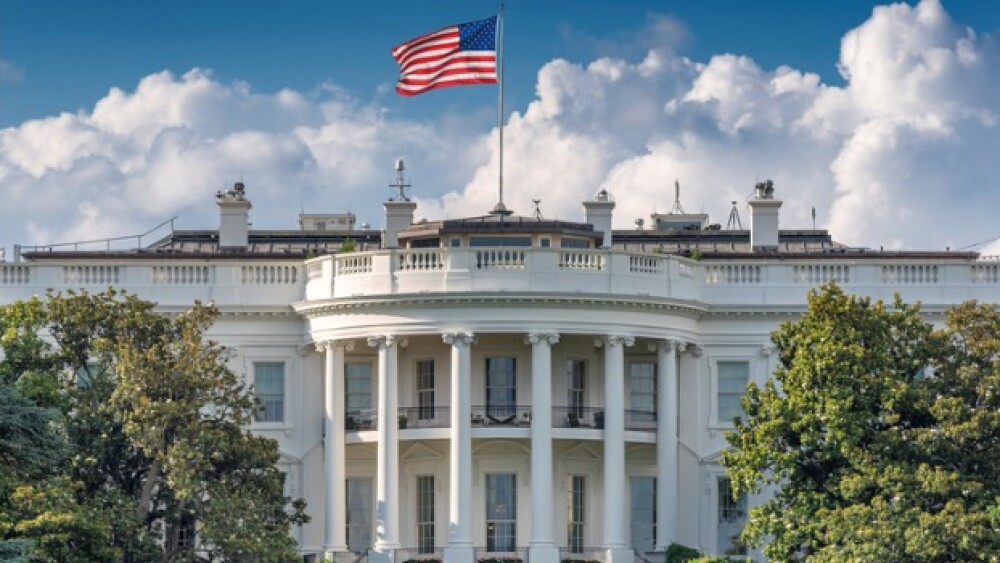The Biden administration on Thursday announced that the Inflation Reduction Act’s Medicare Drug Price Negotiation Program will save the U.S. government around $6 billion in its first year of implementation.
Based on the final negotiated prices for the first 10 drugs, the Biden administration on Thursday announced that the Inflation Reduction Act will reduce Medicare’s drug spending by around $6 billion in 2026.
Senior government officials in a media call told reporters that the drug price negotiations will slash Medicare beneficiaries’ out-of-pocket spending by $1.5 billion in 2026 alone, the year that the new maximum fair prices are set to take effect. CMS Administrator Chiquita Brooks-LaSure said the estimates were obtained using Medicare’s 2023 expenditure figures for these drugs.
“These negotiated prices. They’re not just about costs. They are about helping to make sure that your father, your grandfather or you can live longer, healthier,” Brooks-LaSure said during the call. “For so many people, being able to afford these drugs will mean the difference between debilitating illness and living full lives.”
However, a June 2024 analysis from Milliman—commissioned by the Pharmaceutical Research and Manufacturers of America (PhRMA)—found that the drug pricing provisions of the Inflation Reduction Act (IRA) could result in 3.5 million Medicare Part D beneficiaries facing higher out-of-pocket costs in 2026.
Among the report’s findings: seniors and those with disabilities, who are enrolled in Medicare Part D and take a medicine subject to IRA pricing, are likely to see an average increase of 12% in annual out-of-pocket costs.
“Some people will be shocked when they see their out-of-pocket costs go up as a result of this law, which is the exact opposite of what many policymakers claimed would happen,” PhRMA CEO Stephen Ubl said in a statement at the time.
President Joe Biden signed the IRA into law in August 2022—almost two years ago to the day—with the goal of saving around $25 billion in drug spending over the next eight years. As part of this push, the IRA for the first time empowered CMS to renegotiate the prices of some of the most widely prescribed drugs.
In August 2023, the CMS named the first 10 drugs that would be subjected to these drug price negotiations. The list includes Bristol Myers Squibb’s anticoagulant Eliquis (apixaban), Johnson & Johnson’s anti-inflammatory antibody Stelara (ustekinumab) and blood cancer treatment Imbruvica (ibrutinib) and AstraZeneca’s heart failure drug Farxiga (dapagliflozin).
According to Thursday’s announcement, these drugs collectively accounted for 20% of Medicare’s total Part D gross spending in 2023, which represents around $56.2 billion in total spending. In 2022, Medicare beneficiaries shelled out $3.4 billion in total for these treatments.
Vice President Kamala Harris, whose vote broke the impasse in the Senate to pass the IRA in 2022, said in a statement on Thursday that these Medicare savings “will be lifechanging for so many of our loved ones across the nation.” Harris, the Democratic presidential nominee, added that even more prescription drugs will undergo price negotiations in the future.
Under the IRA’s Medicare Drug Price Negotiation Program, 15 Part D drugs will be selected next year for negotiations with pricing to take effect in 2027, with another 15 Part D and Part B drugs for 2028, and another 20 Part D and Part B drugs for 2029 and later years.
Pharma companies have launched an aggressive legal campaign to derail the IRA’s drug price negotiation program, but have so far been unsuccessful. Judges across the country have largely been skeptical of the drugmakers’ claim that the program violates their constitutional rights by forcibly taking their private property.
Recently, as negotiations with CMS wound down, pharma companies also started expressing confidence that the IRA pricing would not substantially affect their businesses.






